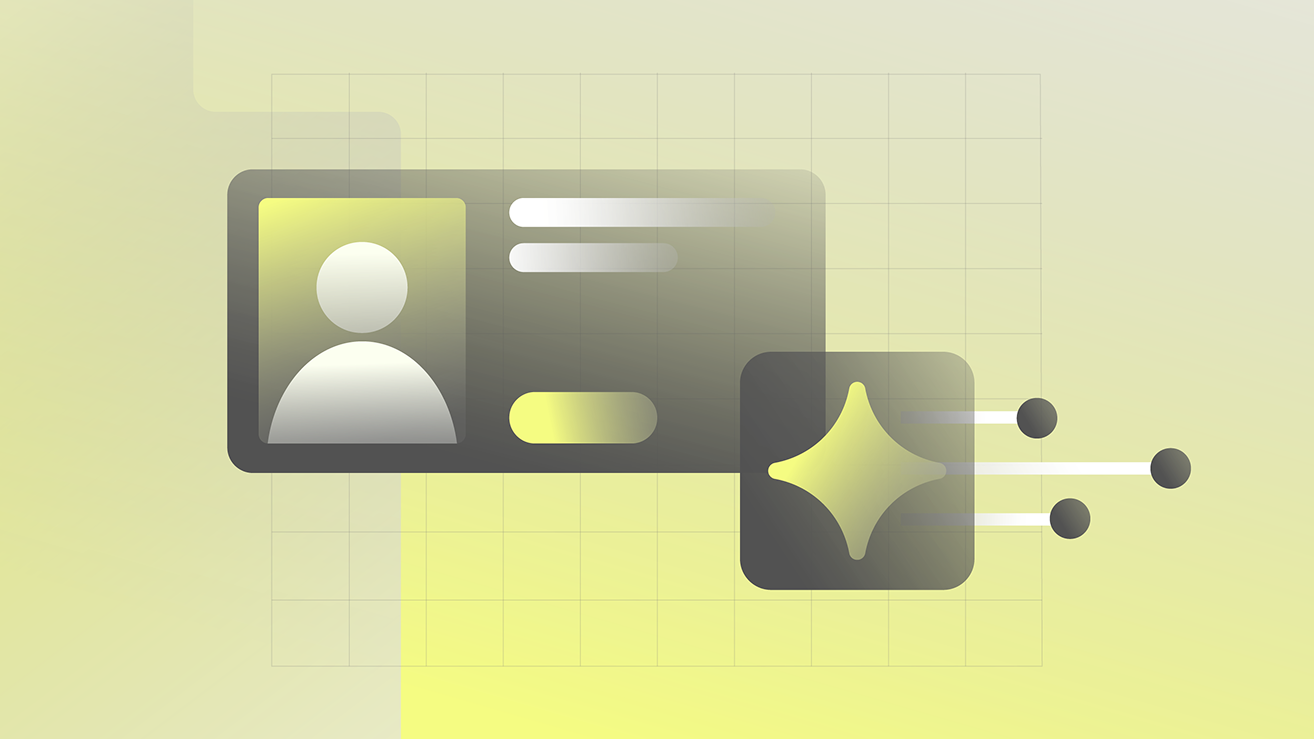For large enterprises, the Human Resources function is no longer just an administrative department. It’s a strategic powerhouse, driving talent acquisition, retention, and overall organizational performance. Yet, many HR operations remain bogged down by manual processes, legacy systems, and fragmented data. This disconnect hinders agility, increases costs, and can lead to a suboptimal employee experience. The solution lies in a strategic shift: Digital Transformation in HR.
This transformation involves leveraging advanced technology, particularly Artificial Intelligence (AI) and intelligent process automation, to fundamentally reshape and streamline every aspect of Human Resources—from recruitment and onboarding to payroll management and enhancing the entire employee lifecycle. This article will comprehensively explore the significant benefits, such as increased efficiency, substantial cost reduction, and dramatically enhanced employee satisfaction.
The Imperative for HR Digital Transformation
In today’s competitive landscape, businesses must attract, develop, and retain top talent to thrive. Traditional HR models, characterized by paper-based processes, disparate systems, and reactive problem-solving, simply can’t keep up. They lead to:
- Inefficiencies: Manual data entry, repetitive tasks, and slow approval processes consume valuable HR time.
- High Costs: Administrative overhead, recruitment errors, and compliance failures can result in significant financial drains.
- Poor Employee Experience: Cumbersome processes, lack of self-service options, and slow responses erode employee morale and engagement.
- Lack of Strategic Insight: HR teams spend too much time on transactional tasks, leaving little room for strategic planning and data-driven decision-making.
Digital Transformation in HR offers a pathway to overcome these challenges, enabling HR to become a proactive, strategic partner that contributes directly to business objectives.
